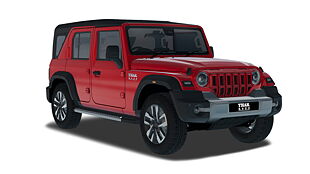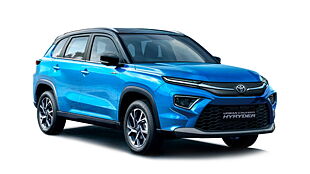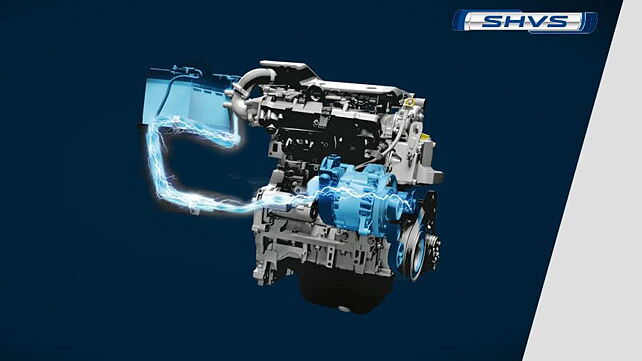
Maruti’s Smart Hybrid Vehicle (SHVS) entered the industry much before the declaration of the odd-even rule. Seems like Maruti’s futuristic thinking with the mild hybrid system is why today their cars are exempted from the Delhi ban. Both the Ciaz and the Ertiga, which feature this new tech, are exempted from the odd-even car ban in Delhi.
The SHVS system consists of an Integrated Starter Generator (ISG) and a start/stop function. The ISG, is a type of alternator which produces electric current when the vehicle is running, unlike a conventional alternator. This current is used to charge the battery, which is now bigger on Maruti’s updated system. The ISG also helps to decelerate the vehicle by using the deceleration force to generate electric power, which is called regenerative braking. The ISG also works with the start/stop function to run the air-conditioner while the car’s engine isn’t running thereby significantly reducing the fuel consumption.
The SHVS models from Maruti are mild hybrid cars, similar to the Micro-Hybrid Scorpio model from Mahindra. While offerings from Toyota like the Camry Hybrid and the Prius are full-fledged hybrid models, Maruti’s Ciaz and Ertiga in the SHVS form, both use the same 1.3-litre 89bhp DDiS 200 diesel engine. The ARAI tested fuel efficiency figures of the Ciaz and Ertiga are 26.21kmpl and 24.52kmpl respectively. The top-end variants of both the models also feature safety equipment like airbags, ABS and EBD.
Maruti’s SHVS cars fall under Faster Adoption and Manufacturing of Hybrid and Electric vehicles (FAME) scheme in India which is a part of the National Electric Mobility Mission Plan. FAME helps the customer by providing an incentive in the form of low cost of hybrid or electric vehicles at the time of purchase. While manufacturers can claim the incentive from the government at the end of each month, the plan was put into action to conserve the limited domestic reserves of the conventional fuels.

![Maruti Suzuki Ertiga [2015-2018] Image Maruti Suzuki Ertiga [2015-2018] Image](https://imgd.aeplcdn.com/272x153/cw/ec/20477/Maruti-Suzuki-Ertiga-Exterior-118751.jpg?wm=0&q=80)
![Maruti Suzuki Ciaz [2014-2017] Image Maruti Suzuki Ciaz [2014-2017] Image](https://imgd.aeplcdn.com/272x153/cw/cars/maruti-suzuki/ciaz.jpg?q=80)








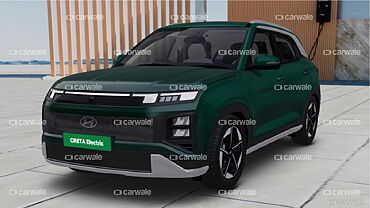

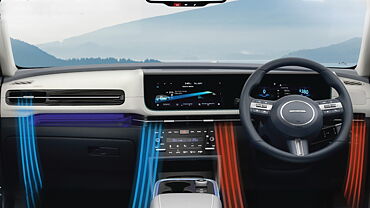
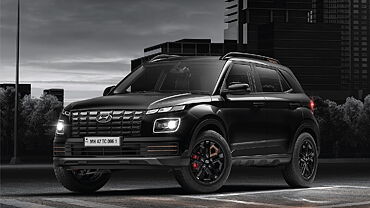

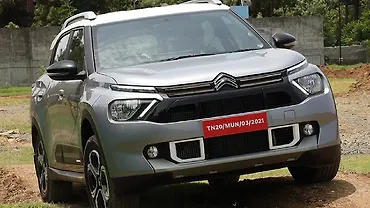
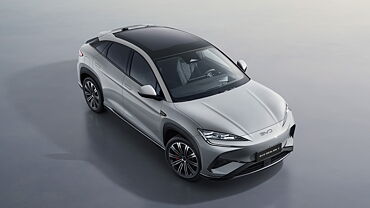
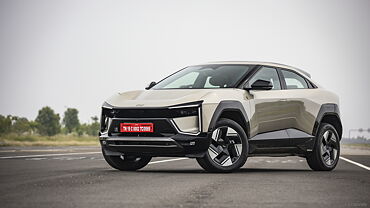
![Maruti Suzuki Ertiga [2015-2018] Exterior Maruti Suzuki Ertiga [2015-2018] Exterior](https://imgd.aeplcdn.com/199x112/cw/ec/19733/Maruti-Suzuki-Ertiga-Hybrid-Facelift-Exterior-57058.jpg?v=201711021421&q=80)
![Maruti Suzuki Ertiga [2015-2018] Exterior Maruti Suzuki Ertiga [2015-2018] Exterior](https://imgd.aeplcdn.com/199x112/cw/ec/20477/Maruti-Suzuki-Ertiga-Exterior-118751.jpg?wm=0&q=80)
![Maruti Suzuki Ertiga [2015-2018] Right Front Three Quarter Maruti Suzuki Ertiga [2015-2018] Right Front Three Quarter](https://imgd.aeplcdn.com/199x112/ec/0b/9B/19733/img/m/Maruti-Suzuki-Ertiga-Facelift-Right-Front-Three-Quarter-55582_ol.jpg?v=201711021421&q=80)
![Maruti Suzuki Ertiga [2015-2018] Dashboard Maruti Suzuki Ertiga [2015-2018] Dashboard](https://imgd.aeplcdn.com/199x112/cw/ec/20477/Maruti-Suzuki-Ertiga-Dashboard-111126.jpg?v=201711021421&q=80)
![Maruti Suzuki Ertiga [2015-2018] Interior Maruti Suzuki Ertiga [2015-2018] Interior](https://imgd.aeplcdn.com/468x263/cw/ec/20477/Maruti-Suzuki-Ertiga-Interior-111128.jpg?v=201711021421&q=80)





